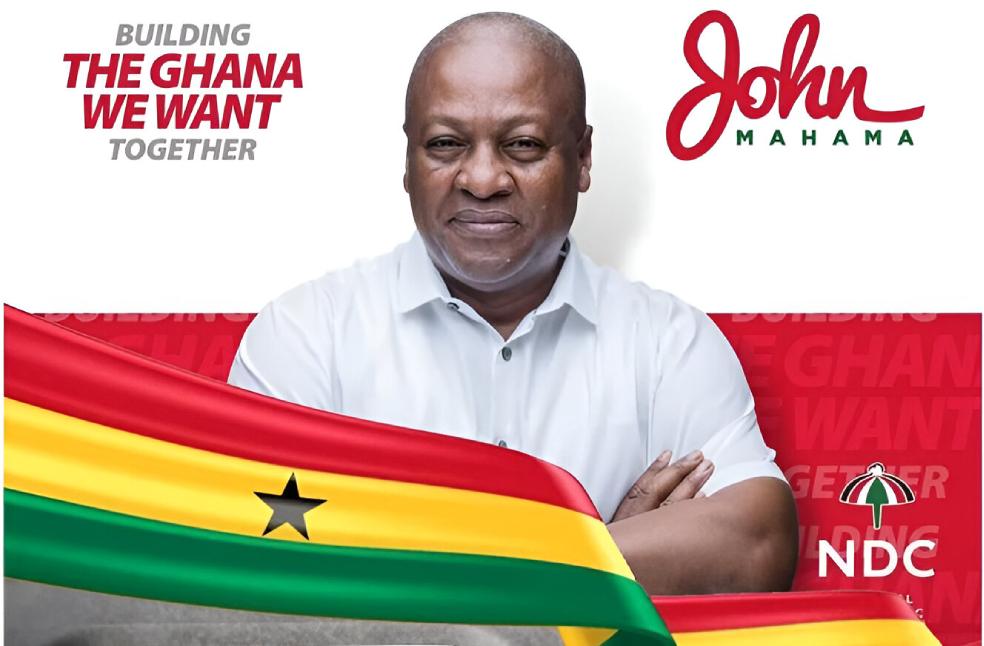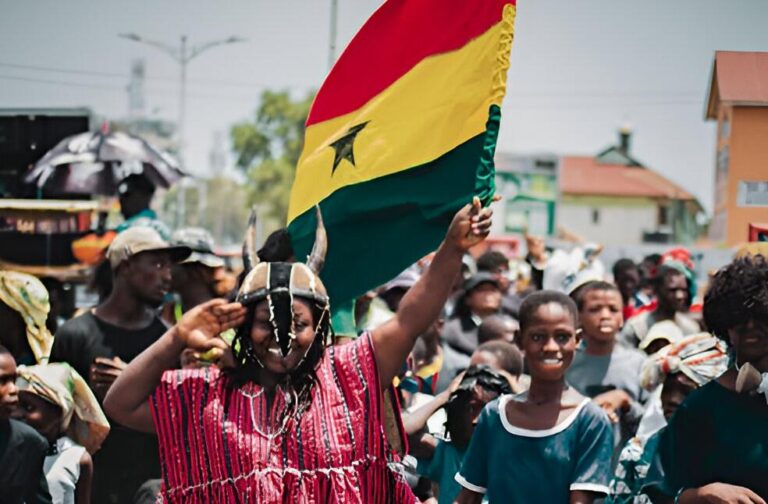Ghana: Ghanaians have headed to the polls in a critical Presidential and Parliamentary election dominated by concerns over a debt crisis, high inflation, and rising living costs. Close to 19 million registered voters are choosing a new president as well as members of parliament for 275 constituencies across the country.
The presidential race sees Vice-President Mahamudu Bawumia of the governing New Patriotic Party (NPP) facing off against former President John Mahama, attempting a political comeback with the opposition National Democratic Congress (NDC). Bawumia’s potential victory would make him Ghana’s first Muslim leader, while Mahama hopes to unseat the ruling party with pledges of economic revival and justice.
Other notable candidates include businessman Nana Kwame Bediako, who appeals to the youth, and Alan Kyerematen, a former NPP member now running as an independent candidate after leaving the party last year.
Despite recent legislation aimed at improving female representation in politics, no woman is in view for the presidency after Akua Donkor, the only female candidate, passed away in October. Her replacement was disqualified, but her name remains on the ballot.

Ghana’s economy is struggling with high unemployment and a debt crisis that saw the country default on loan repayments in 2022. Inflation, which peaked at 54.1 per cent last year, has pushed many into poverty. Both Mahama and Bawumia have vowed to tackle the country’s financial challenges, with their campaigns emphasising economic recovery.
Since Ghana’s return to multi-party democracy in 1992, only the NPP and NDC have held the presidency. No party has ever won more than two consecutive terms, raising the stakes for both leading candidates. Polling stations opened at 07:00 GMT and will close at 17:00 GMT, with results expected within three days. A candidate must secure more than 50 per cent of the vote to avoid a run-off election, which would take place by the end of December if necessary.



